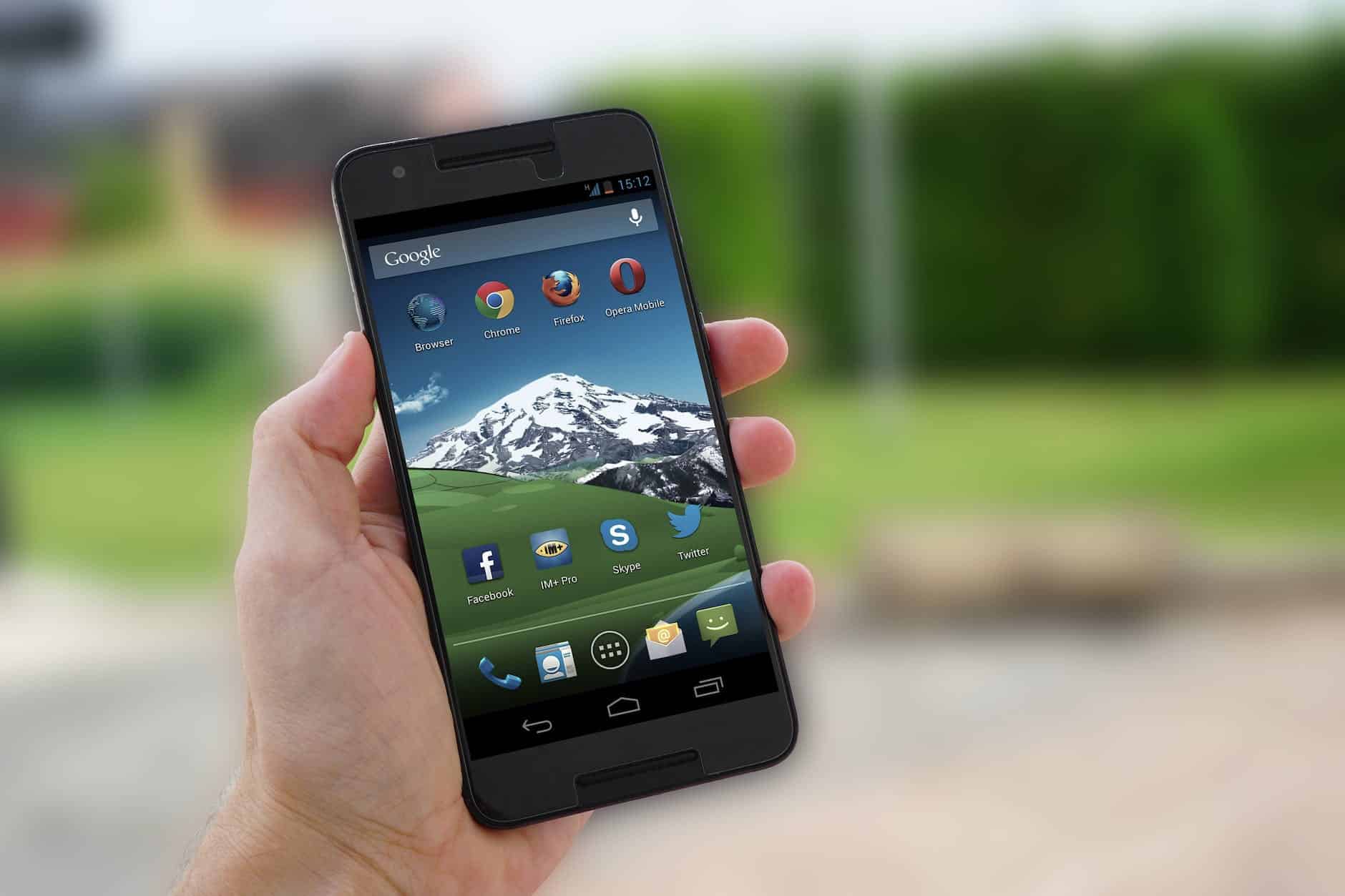Telephones were invented more than a century ago, before the Internet existed. They provided a quick and easy way to communicate with friends, family, and acquaintances in a somewhat affordable manner.
As high-speed, unmetered Internet connections become more ubiquitous, they have resulted in the mainstream adoption of calling and instant messaging services that vastly outperform conventional telephone services in every way — and they do this without dialing phone numbers. However, that’s not the primary focus of this article.
Telephone numbers have become a boon for invasive data collection, data sales, SMS spam, bank hacks, and shady surveillance practices due to the fact that they are difficult to change, and are also being demanded by a large number of online services. They force you to provide your phone number, and then they sell it.
Phone numbers are technically useless and unnecessary in most cases. Why do so many companies still demand it? Data collection is one reason. Another reason is a lack of Internet infrastructure in some areas. This article is focused on regions in which mainstream adoption of high speed Internet connections has occurred.
Let’s look at some of the issues that telephone numbers have helped to propagate.
Data Mining And Surveillance
Your phone number is more unique than your name because there is only one of it. This is one of the reasons the data mining industry uses it. It makes it easy for them to track your activities across many companies, apps, and websites.
It’s common for companies to require a phone number to sign up or sign in, and the reason they usually provide is to send you an SMS 2FA code to verify that only the account owner is logging in and not someone who guessed your password. The problem with that is SMS 2FA is not secure, and there are far better alternatives.
Hacking Caused By SMS Two-Factor Authentication (2FA)
The large number of companies requiring SMS 2FA (which entails giving them your phone number) has resulted in cyber criminals conducting SIM card-related fraud (such as SIM swaps) so that they can intercept your 2FA codes when they’re sent to your phone number. This puts your online accounts at risk, including online banking, remittance services, exchanges, social media, and more.
Companies can easily require app-based 2FA, which offers superior security to SMS 2FA because it doesn’t transmit a code to your phone at all. Your phone would generate a one-time password offline. Some companies have fortunately started encouraging that instead of SMS 2FA. Two prominent examples are ProtonMail and Binance.
Text Message Spam
Some carriers and other companies spam customers with promotional text messages. Your carrier has your phone number and they control the network, which may explain why you can’t actually block the carrier from sending the messages in the first place (they can hide their own number). Scammers coerce users into handing over sensitive information via spam SMS messages too. This is more likely to occur if your phone number is shared with other entities (e.g. data miners).







